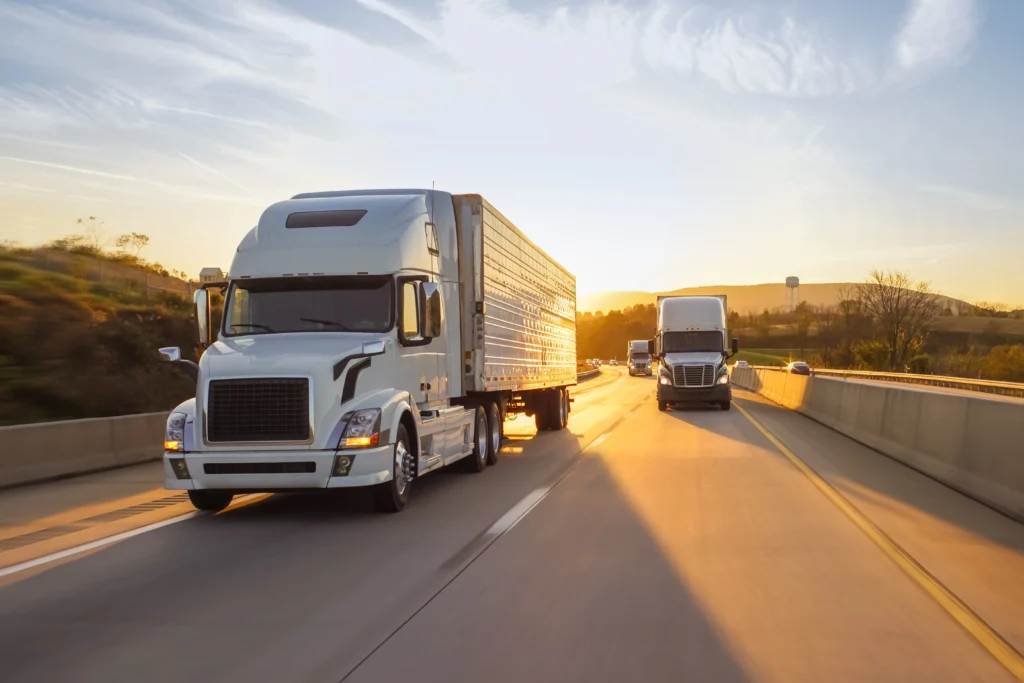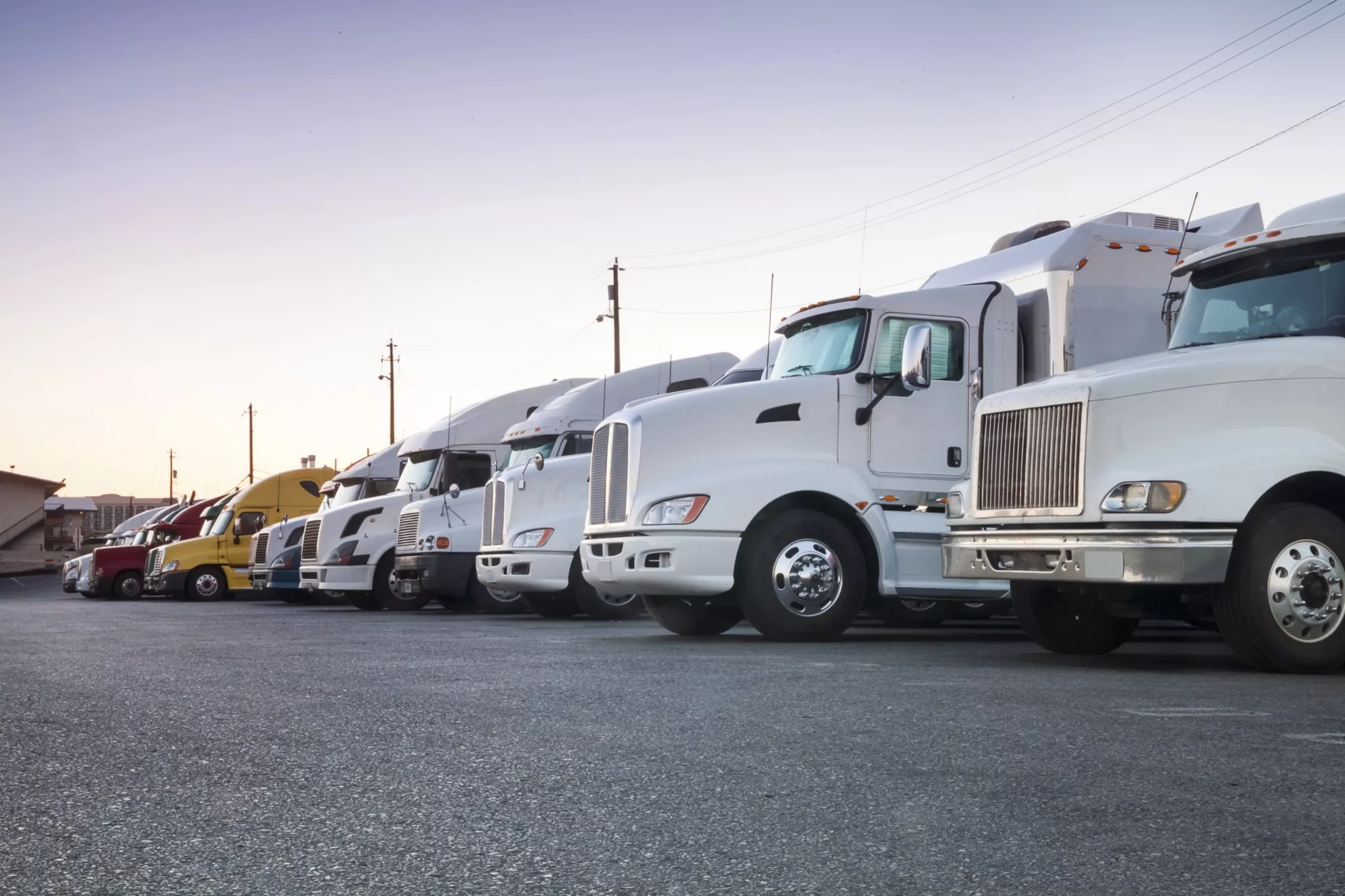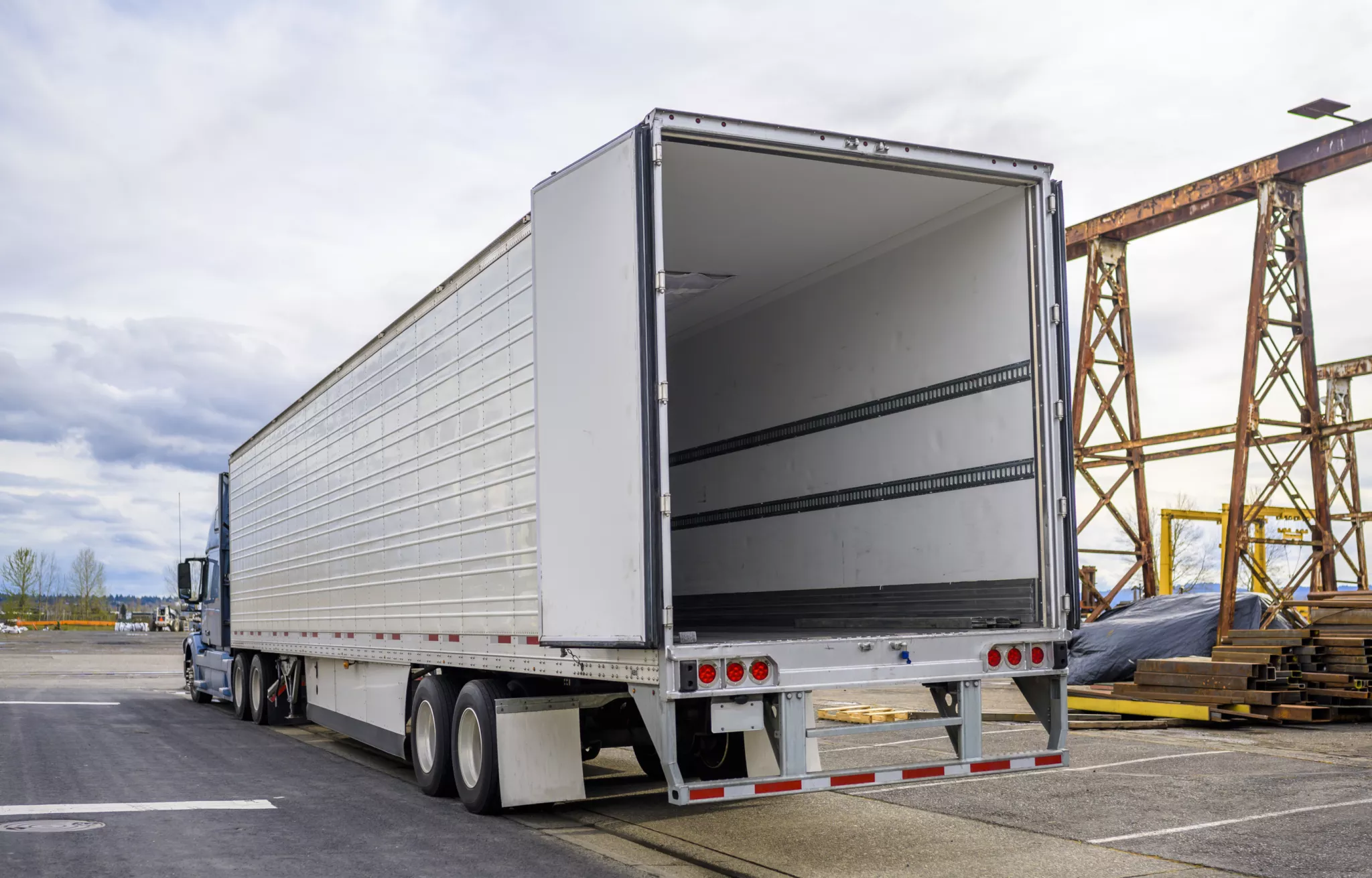Have you ever pondered the requirements for obtaining a commercial driver’s license (CDL) or questioned the significance of obtaining certification as a CDL truck driver? The demand for commercial truck drivers is substantial, and pursuing CDL training can pave the way for a recession-resistant career with substantial earning potential.
Logity Dispatch is here to provide comprehensive information on CDL requirements, covering everything from the fundamentals of commercial driving to helping you determine the appropriate driver’s license class for your needs, including non-CDL Class C.

If you’re considering a career as a truck driver, you’ve likely been evaluating the advantages and disadvantages of obtaining a CDL. The benefit of acquiring a CDL, particularly a Class A CDL, is that it qualifies you to operate a diverse range of trucks professionally. However, if you’re interested in non-CDL trucking, you may want to explore options such as a non-CDL Class C license.
Before you can start earning as a professional truck driver, you’ll need to navigate through CDL school, a CDL test, and various other prerequisites, potentially involving out-of-pocket expenses. If you’re specifically looking into non-CDL driving opportunities, you may be wondering, “What is the non-CDL knowledge test?” or “How do I obtain a non-CDL learner permit?” Logity Dispatch is here to guide you through the process, providing insights into the non-CDL driving test and helping you understand the requirements for non-CDL trucking.
Define Your Job Preferences
Understand the specific job you aspire to in truck driving, as different roles demand distinct certifications. For instance, transporting hazardous materials requires special certifications from the Department of Transportation (DOT) in addition to your CDL, DOT number, and motor carrier (MC) authority. Driving a smaller passenger van necessitates different skills and a different class of CDL license. If you’re curious about the CDL meaning or the commercial drivers license meaning, it’s crucial to explore these aspects to align your goals with the right certification.
Seek Advice from Experienced Drivers
Engage in conversations with current truck drivers in the field you’re interested in. Learning about their experiences, how they entered the industry, and the daily demands of the job can provide valuable insights. Ask about aspects such as managing long solo drives, accommodations on the road, downtime activities, and other job specifics to help inform your decision about trucking drivers license options, including non-CDL Class A, Class B, and non-CDL Class C licenses.
Comprehend the Requirements
Before committing to CDL training, ensure you meet all the prerequisites. Reputable CDL schools typically require a GED or high school diploma. You must be at least 21 years old for interstate travel (though exceptions exist for intrastate driving at 18). Provide a birth certificate or proof of citizenship, demonstrate residency in your training state, pass a medical examination, and, if applicable, secure a physician’s note regarding certain medical conditions. A clean driving record is essential, though minor violations may be overlooked. If you’re exploring non-CDL options, it’s essential to understand what is non-CDL Class A, Class B, and the associated requirements for non-CDL trucking.
Enroll in CDL Training
Once you confirm that you meet all requirements, enroll in a reputable CDL truck driving school. Successfully complete the required exams to proceed to the next stage.
Secure a CDL Truck Driving Job
After completing your CDL training, a multitude of job opportunities awaits. With a high demand for drivers and owner-operators, you can explore various rewarding positions. Additionally, you may choose to venture into entrepreneurship by acquiring your rig and obtaining your motor carrier authority.
Distinguishing Between CDL and Non-CDL Driver’s Licenses
You might be curious about the distinction between commercial driving and regular driving, as well as whether all driving occupations necessitate a CDL. Commercial driving involves driving for compensation, in contrast to commuting to work with a non-commercial license. Notably, not all commercial driving roles mandate a CDL. Positions like rideshare driving, small moving truck operation, certain mail carriers, and delivery drivers don’t require CDL training but may necessitate other forms of training. Here’s an overview of the disparities between CDL and non-CDL driver’s licenses.
Types of CDL Licenses
CDL licenses entail specialized training, testing, and medical evaluations, primarily designed for individuals operating larger vehicles or transporting more than eight passengers for compensation. There are three primary types of CDL driver’s license classes.

Class A License
A Class A License is a comprehensive license for CDL driving. It grants all the privileges of both Class B and Class C Licenses and more. Possessing a Class A License allows you to operate a wide range of vehicles, from heavy farm equipment to large rigs, and undertake various jobs, including hauling hot shot loads and driving passenger vans.
Class B License
A Class B license permits the operation of a single vehicle weighing over 26,000 pounds or a 3-axle vehicle exceeding 6,000 pounds. Additionally, with a Class B License, you can operate buses, farm equipment, and all vehicles below Class C. These licenses may be commercial or non-commercial, depending on the intended use.
Class C License
The Class C License is the most common type and aligns with the conventional driver’s license concept. It enables the operation of a car or vehicle under 40 feet and towing a trailer not exceeding 9,000 pounds. Similar to Class B, Class C licenses can be commercial or non-commercial based on usage.
How Can We Help You?
Logity Dispatch stands as your reliable partner in understanding the nuances of CDL requirements and distinguishing between CDL and non-CDL licenses. Whether you’re embarking on a new career or seeking to enhance your skills in the trucking industry, our seasoned team will guide you through every step of the process. Logity Dispatch is committed to supporting your success.
Take the first step towards a fulfilling career by partnering with us today. Contact Logity Dispatch and pave the way to a prosperous journey in the world of trucking!







